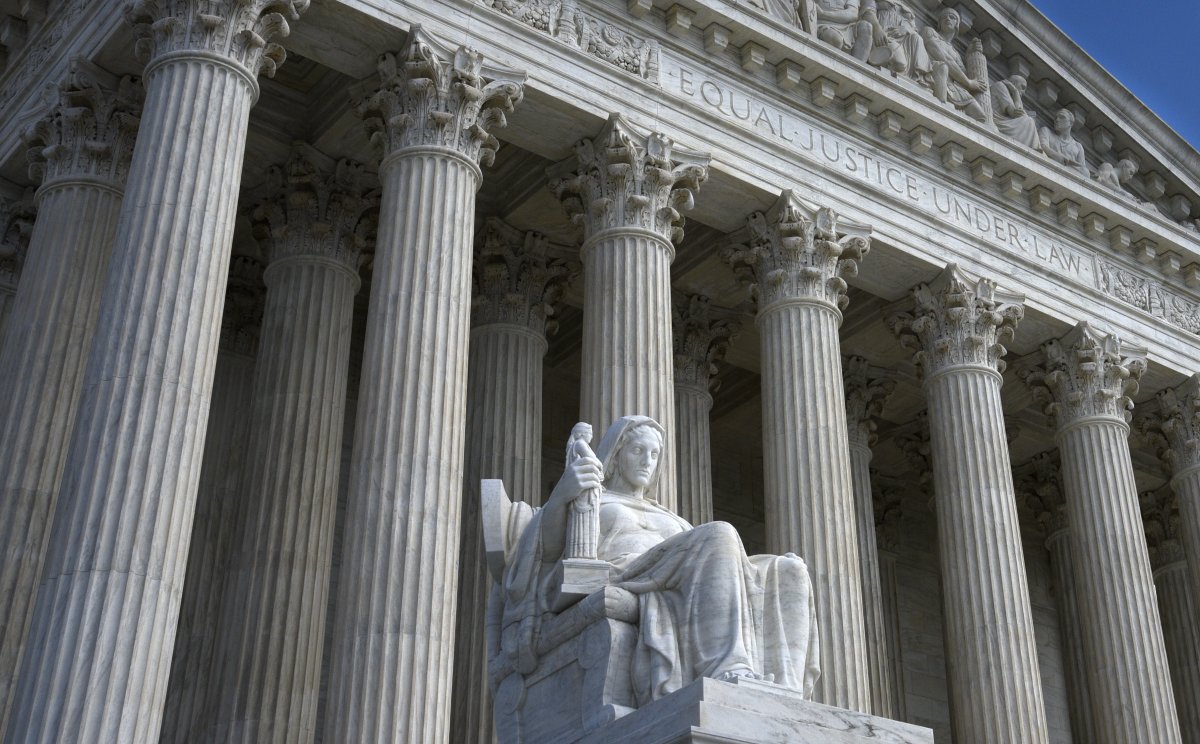The Supreme Court on Monday ruled in favor of a high school football coach who previously refused to stop praying on the field following games.
In a 6-3 decision on Monday, the Supreme Court ruled that former Bremerton (Washington) High School assistant football coach Joseph Kennedy was protected by the First Amendment in praying with his players at the 50-yard line after games.
"Joseph Kennedy lost his job as a high school football coach because he knelt at midfield after games to offer a quiet prayer of thanks. Mr. Kennedy prayed during a period when school employees were free to speak with a friend, call for a reservation at a restaurant, check email, or attend to other personal matters," Supreme Court Justice Neil Gorsuch wrote in the opinion. "Both the Free Exercise and Free Speech Clauses of the First Amendment protect expressions like Mr. Kennedy's. Nor does a proper understanding of the Amendment's Establishment Clause require the government to single out private religious speech for special disfavor. The Constitution and the best of our traditions counsel mutual respect and tolerance, not censorship and suppression, for religious and nonreligious views alike."

The ruling on Monday comes several months after the case was brought up by the Supreme Court. In 2008, Kennedy first began praying with his players after games at the 50-yard line, however, in 2015 the Bremerton High School in Washington, was alerted of the prayer ceremony and told the coach to end the practice.
Kennedy then began to pray again several months later in 2015 with his players, which prompted the school district to place him on leave.
Read the full text of the ruling below, using the sidebar to scroll through the opinion:
In 2016, Kennedy first filed a lawsuit against the school district claiming that they violated his First Amendment rights by telling him he wasn't allowed to pray following the football team's games. Following the lawsuit, a court of appeals ruled against Kennedy, which led to his appealing the case up to the Supreme Court.
"Respect for religious expressions is indispensable to life in a free and diverse Republic—whether those expressions take place in a sanctuary or on a field, and whether they manifest through the spoken word or a bowed head. Here, a government entity sought to punish an individual for engaging in a brief, quiet, personal religious observance doubly protected by the Free Exercise and Free Speech Clauses of the First Amendment," the Supreme Court added in its opinion. "Mr. Kennedy is entitled to summary judgment on his First Amendment claims."
The Supreme Court's three liberal justices, Sonia Sotomayor, Stephen Breyer and Elana Kagan dissented the majority and wrote, "This decision does a disservice to schools and the young citizens they serve, as well as to our Nation's longstanding commitment to the separation of church and state."
Uncommon Knowledge
Newsweek is committed to challenging conventional wisdom and finding connections in the search for common ground.
Newsweek is committed to challenging conventional wisdom and finding connections in the search for common ground.
About the writer
Matthew Impelli is a Newsweek staff writer based in New York. His focus is reporting social issues and crime. In ... Read more
To read how Newsweek uses AI as a newsroom tool, Click here.








